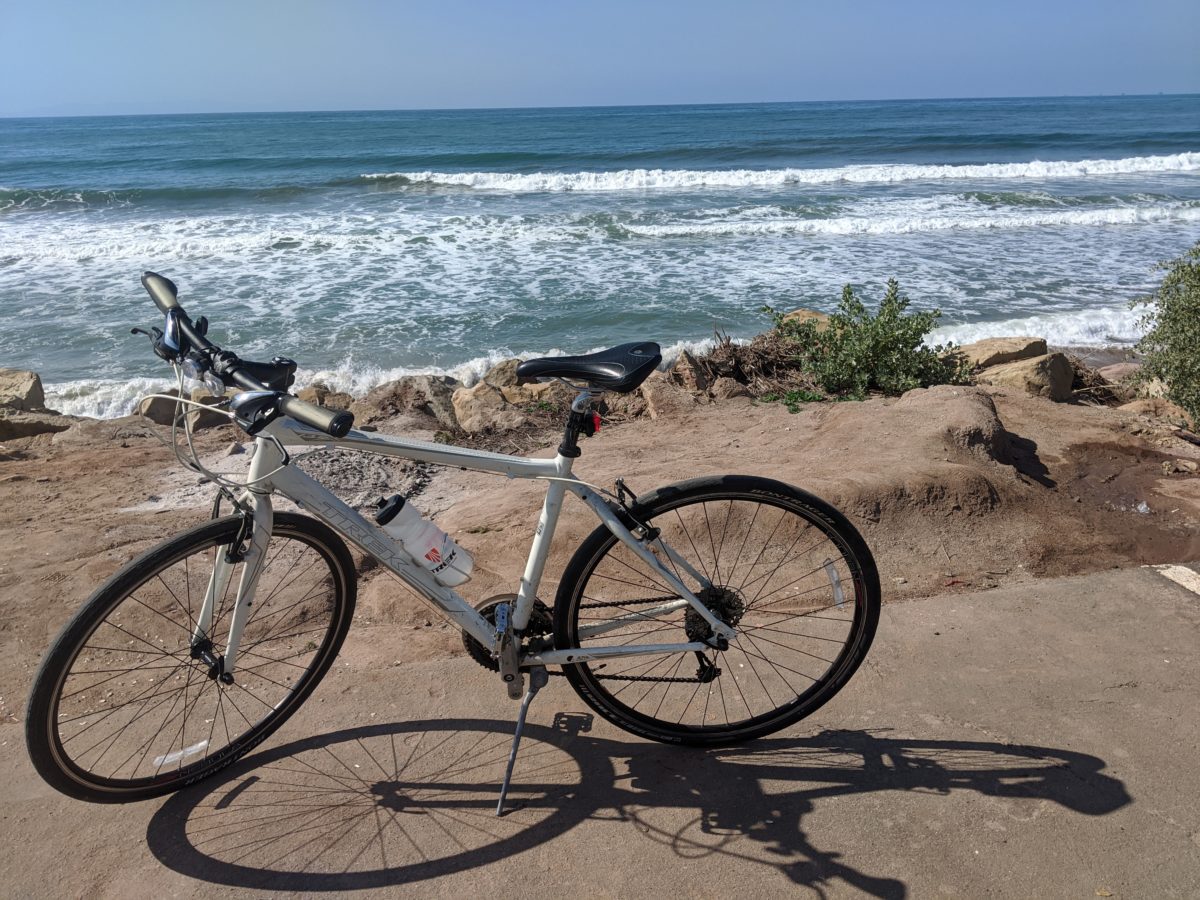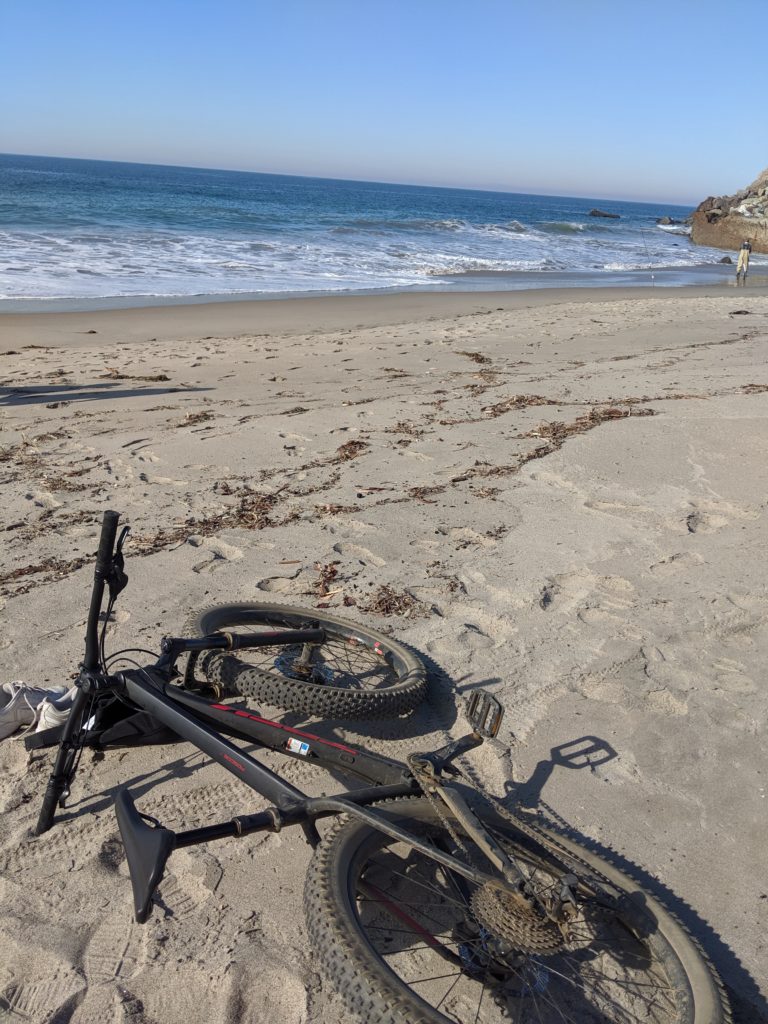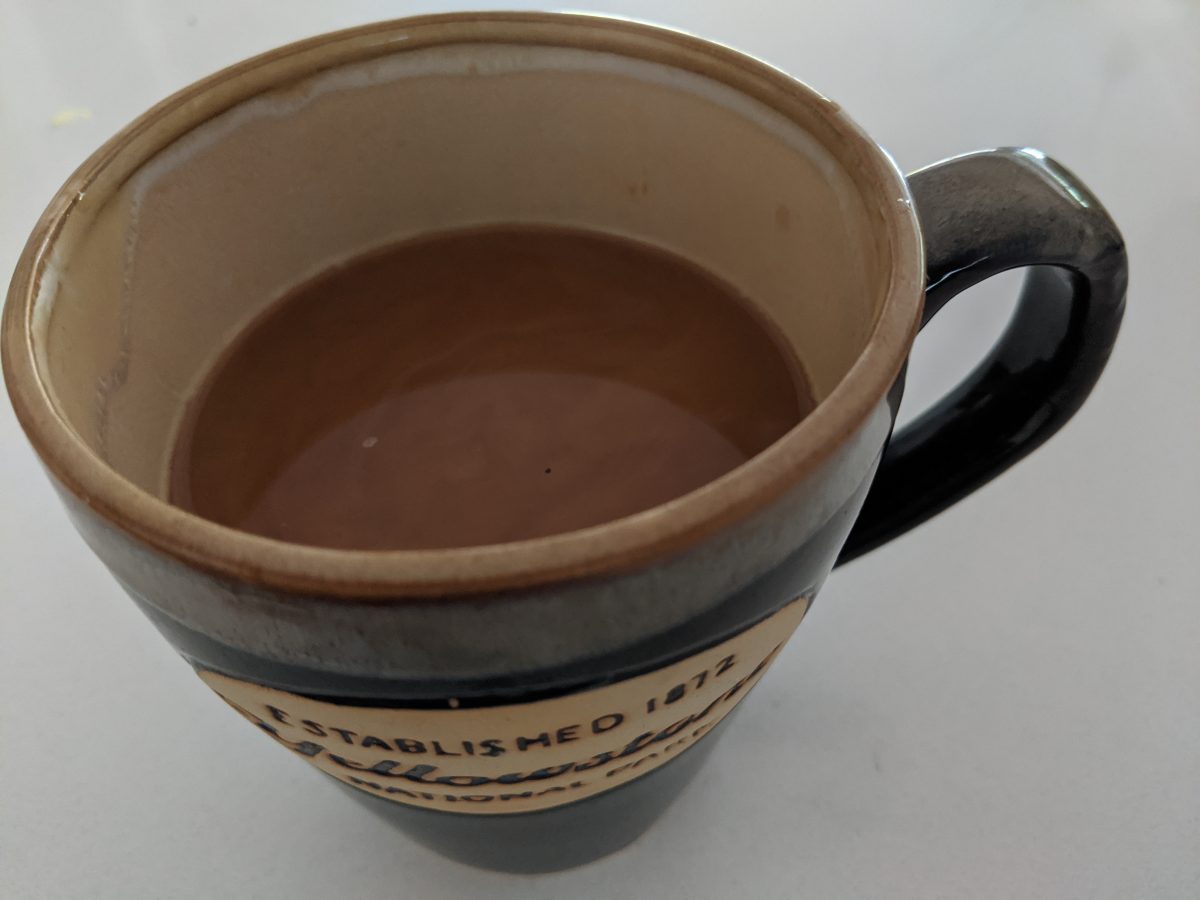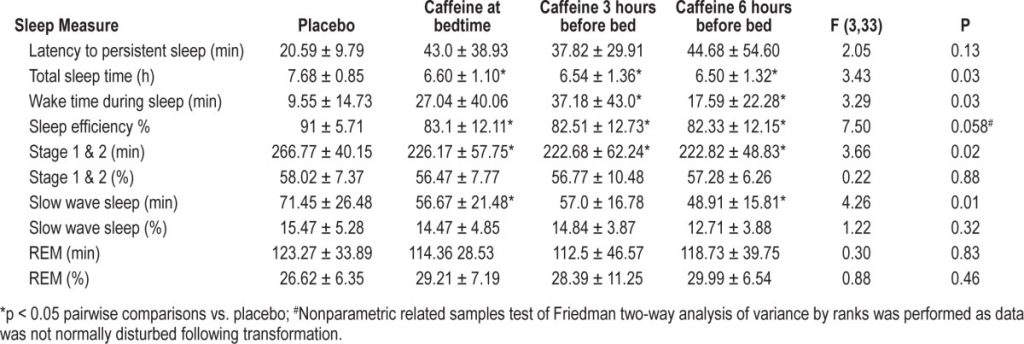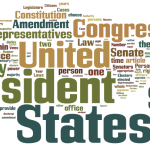There’s a lot of criticism and mockery of Facebook’s rebranding to Meta. The timing, coming so soon after revelations that Facebook was profiting off of disinformation and outrage, is certainly suspect. However, there is a key idea here that is lost in the meta-discussion about Facebook itself – the idea of augmented reality, or AR for short, which if is to be brought to reality, deserves genuine admiration.
I have previously written about how I thought Google Glass was the first real effort at AR, despite many skeptics and its eventual failure. The problem with Google Glass was that it was positioned as an interface to search and take photos, i.e., content acquisition rather than an augmentation of reality:
Note that Google describes Glass as having a primarily voice-directed interface, for initiating search queries, taking a picture, or real-time language transcription. The main function of Google Glass is to record video and take pictures (not content creation, but content acquisition), to facilitate access to information, and most importantly to overlay data onto the visual field, such as maps or translations. It’s the latter that is the “augmentation” of reality part, and is very, very crude.
This was eight years ago, well before smart assistants like Alexa and Google Home were mature, and of course, suffering from Moore’s Law limitations. Natural Language Processing has come a long way since then, with graph processing tools and other incredible advancements in neural networks.
Facebook’s Meta has the advantage of building on that foundation and learning from those pioneering failures. The mistake that I think Meta is making now is that it is distracted by visions of the Metaverse from Snowcrash or The Oasis from Ready Player One (the latter probably being more accurate, as an ultimate escapist repository for all our nostalgia and cultural baggage). You can see those influences in how Mark Zuckerberg himself describes it:
The next platform will be even more immersive — an embodied internet where you’re in the experience, not just looking at it. We call this the metaverse, and it will touch every product we build.
The defining quality of the metaverse will be a feeling of presence — like you are right there with another person or in another place. Feeling truly present with another person is the ultimate dream of social technology. That is why we are focused on building this.
Immersive. You’re IN the experience. In ANOTHER place. This language describes an alternate reality, a virtual reality. It does not describe a meta-reality or an augmented reality.
To be fair, in the same letter, Zuckerberg does allude to augmented reality to stay present in the real world while you interact with the virtual. But the framework here is an Otherworld where you can decide on a use-case basis to what degree you are present. Think of it as an opacity, with 0% being fully in the real world and 100% being fully immersed (using, say Oculus).
The difference between this and truly augmented reality is that there is no “other” world. You are always in the present reality – but there are added layers. I’ve evangelized the truly groundbreaking anime, Dennou Coil, as a visionary example of a truly AR future. One screenshot alone is sufficient to convey what the true potential is.

I don’t know if Facebook/Meta will ever be able to be AR, but I do know that succeed or fail, Facebook/Meta will definitely bring us closer.
Check out my earlier posts on Dennou Coil here.


